Innovations in smart factory and Industry 4.0 solutions to rise in future
June 10, 2020 4:43 pm
We see a contribution of 50 percent of revenue from smart factory and Industry 4.0 solutions in the next 3 to 5 years.
Sharadhi Babu, CEO, AXISCADES discusses the range of smart factory and Industry 4.0 solutions that the company provides to manufacturers, and the need for companies to actively work with a core engineering solutions company to achieve true value in a smart factory.
How has your company’s journey been in the adoption of smart factories?
Manufacturing companies have always been trying to connect their processes and systems to make quick optimisations and informed decisions. IT technologies like ERP, SCM, etc. and manufacturing technologies like PLM, automation, etc. have been operating in silos and factories have found ways and means to manage this integration. In other words, it is the convergence of physical and digital systems which creates a compelling value to implement smart factory solutions.
AXISCADES has been at the forefront of automation, automated test equipment, special purpose machines, etc. in the last two decades and in IoT, digital SCM, manufacturing execution systems, 3D printing, AI, cloud, etc. in the last half decade with several global OEMs and their multi-tier supplier network. In India, more than 50 percent of manufacturing companies are in various stages to bring smartness into their factories.
AXISCADES has been actively involved to provide an integrated engineering solution converging both the physical and digital world. Many factories start with a POC, or inviting methodologies to suit their current processes and operations or plan to digitise part of their processes like quality, production, and maintenance. In many global OEMs and tier-1s, about 50–70 percent of their current systems needs to be retrofitted with smart factory solutions, and therefore AXISCADES consultants along with their partner network guide these companies with a definite road up to achieve a true cyber physical system. We have been a pioneer in technologies ranging from Industry 2.0 to Industry 4.0 and provide an integrated solution to the industry which cut across multiple domains. We see a contribution of 50 percent of revenue from smart factory and Industry 4.0 solutions in the next 3 to 5 years.
What kind of steps do companies, including MSMEs, need to take for the adoption of smart factories?
To achieve true value in a smart factory, companies should actively work with a core engineering solutions company who have domain expertise. For this to happen, Information Technology (IT) and Operations Technology (OT) need to converge. Only companies with a solid domain-rich experience will be able to understand the current systems and process. This will help to upgrade to the smart processes and systems which are capable of self-optimising and make informed decisions.
Either only IT or only OT centric approach may confuse companies in adopting technologies which may not give the right value. Manufacturing is the core and it is important not only to understand the manufacturing process but also the upstream and downstream processes for a true seamless integration.
MSMEs being smaller in size will find it easy to adopt smart factory technologies in line with their OEMs. OEMs should issue guidelines in line with national policies like ‘Digital India’ and ‘Make in India’. For example, an OEM issuing the guideline to its 100 suppliers to use radio-based wireless tags based returnable bin management solution could save millions of rupees. In fact, suppliers delay their delivery sometimes due to non-availability of returnable bins and also it is possible to locate them on real-time basis even in an export scenario to many countries.
AXISCADES has tailor-made solutions for companies, including MSMEs, which are scalable and can be integrated with OEM systems and processes.
How have machine learning (ML), artificial intelligence (AI), robotics, automation and big data been implemented by OEMs to move towards a Connected Enterprise?
Collection of process data is a key element in using a smart factory solution. The collected big data becomes meaningful only when it is compared with the intended process. In a traditional set-up, the outcome of the collected process data is known only at the final output or when a product is manufactured. In a smart factory set-up, the collected process data is compared with the intended process data on real-time basis. By doing so, any discrepancy in the data due to process, performance, labour, material or similar will be monitored for a system-triggered corrective action. Savings are many in terms of productivity, reduced rejections, better OEE, improved efficiency of the process, etc.
Data collected will be through sense, sight and sound using appropriate methodologies like sensor, SCADA, camera, etc. Data thus collected will be subjected to thought and actions and will be translated into the desired output. New age technologies like ML, AI, robotics, automation, and big data have to be used wisely to make meaningful information. Without a proper understanding of the processes and systems, these technologies become meaningless. OEMs are still working on the strategy as far as the factory data is concerned. ML and AI will be more useful in resource planning, sourcing, predictive maintenance, etc., which could lead to adapted manufacturing. For example, a multinational OEM could decide the product to be produced in a factory which is efficient, with the resources that are available, to achieve the right cost.
Robotics are adapted well in the assembly, paint line, hazardous operations, etc. where is there is minimal manual intervention and maximum efficiency to achieve zero defects. However, all these technologies are still unconnected to the enterprise systems. They work independently. Lot of work needs to be done by OEMs to achieve a true connected factory. We are yet to see connected quality, connected maintenance, etc. with end-to-end visibility. AXISCADES with its deep expertise of understanding the data helps companies to choose and use the right technology.
What are the challenges faced by OEMs while transitioning towards smart factories?
Many companies have the vision of achieving a smart factory. However, few of them are still learning on how to retrofit existing systems and processes. In a greenfield project, it is much easier to build a smart factory right from the start. However, in a brownfield project where it is required to retrofit more than 90 percent of the existing systems, companies should look at upgrading their existing machines with sensors wherever possible to retrieve the machine data. As most of the machines are already depreciated, decisions are delayed as how to invest to an already depreciated machine. In many cases, it is taken up as a maintenance project where it may not yield results. AXISCADES is working with industrial partners like Siemens, Rockwell, Dassault, etc to upgrade the technology wherever possible and make it an Industry 4.0-compliant factory. This is applicable to quality, maintenance, supply chain, and PLM. Cybersecurity has its own challenges to use big data on the cloud. Currently, in-house distributed network systems are being used which limits using cloud technology.
What kind of technological advancements can we expect with respect to smart manufacturing in the coming years?
In the coming years, the merger of physical, cyber and human world will have great impact on socio-economic, technical and economic landscapes. Technological advancements like smart factory, Industry 4.0, etc. will make companies very attractive and create a huge potential for export business, increasing the manufacturing GDP and also increasing India’s contribution to the global GDP. There are few emerging indicators that are already on the origin on all spheres of the manufacturing life cycle and some are in the development stage.
Industry 3.0 helped new emerging economies like China which quickly adapted and innovated new manufacturing systems. With the advent of Industry 4.0, Indian companies have shown early signs of adoption. However, technology and implementation should be carried out as early as possible so as to not repeat the mistakes of the past while adopting Industry 3.0. This will contribute to socio-economic parameters of job growth, aspiration of middle class and women, decentralised nature of work, empowered and value-driven mindset, and continuous personal learning, which in turn contributes to the country’s GDP.
In the Industrial IoT space (IIoT), there are many innovations possible. Many global companies are contributing in this regard. However, the IIoT solutions will have more M2M models built in to monitor and control the systems autonomously. These autonomous methods will become a standard OT and integrated with IT systems. AR, VR, and technologies will contribute to agile manufacturing systems which are transparent for any dynamic changes effected by the business. AI and ML will emerge as collaborative human-machine systems for best integrated output. Additive manufacturing will evolve into distributed manufacturing systems. Robotic technology will contribute to self-diagnostic systems for zero downtime with the contribution of ML and AI.
Technological innovations will give rise to new business models with responsiveness, sharing economy, enterprising models, and flexible on-demand models to meet dynamic new customer experience.
Cookie Consent
We use cookies to personalize your experience. By continuing to visit this website you agree to our Terms & Conditions, Privacy Policy and Cookie Policy.



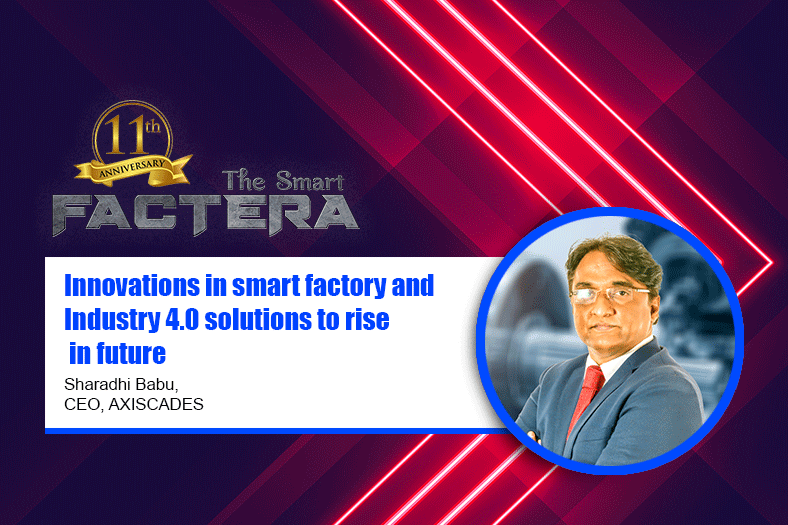

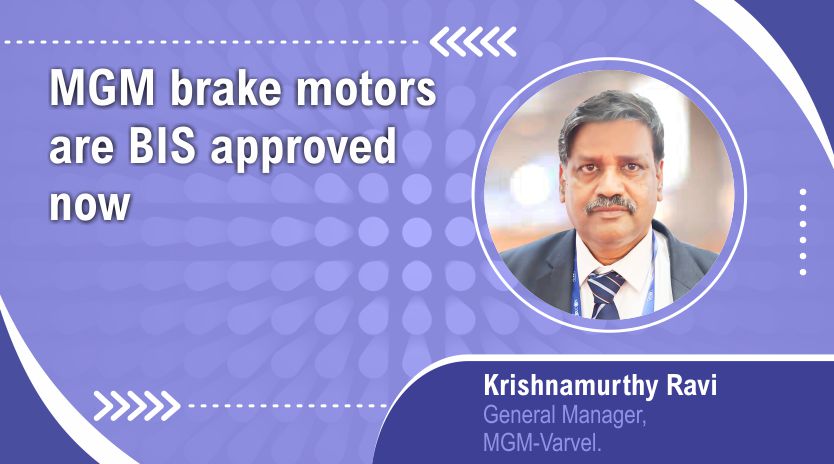

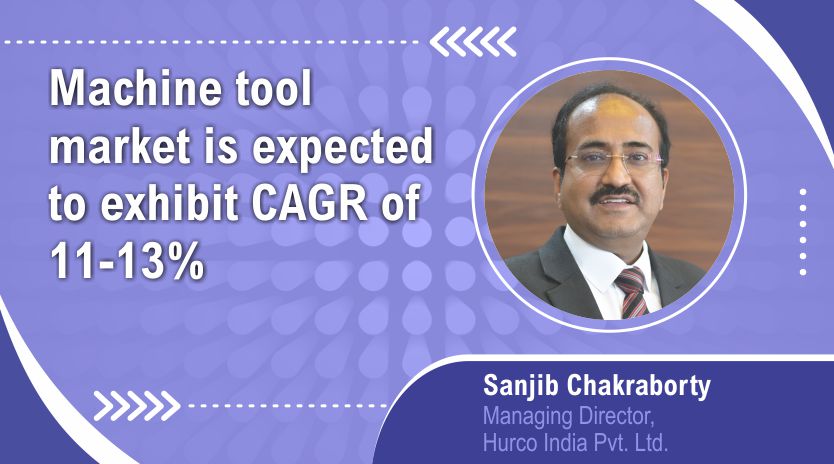

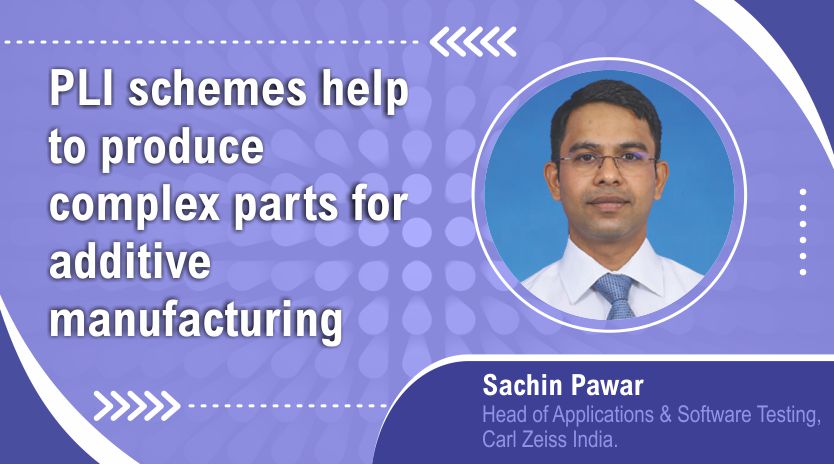
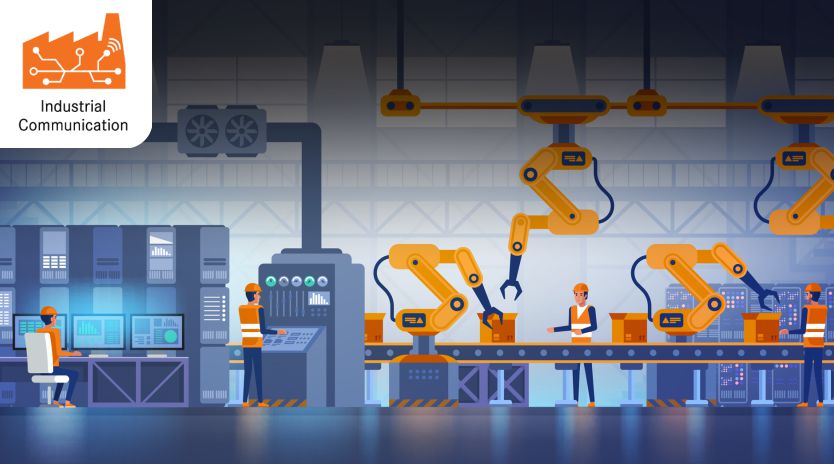

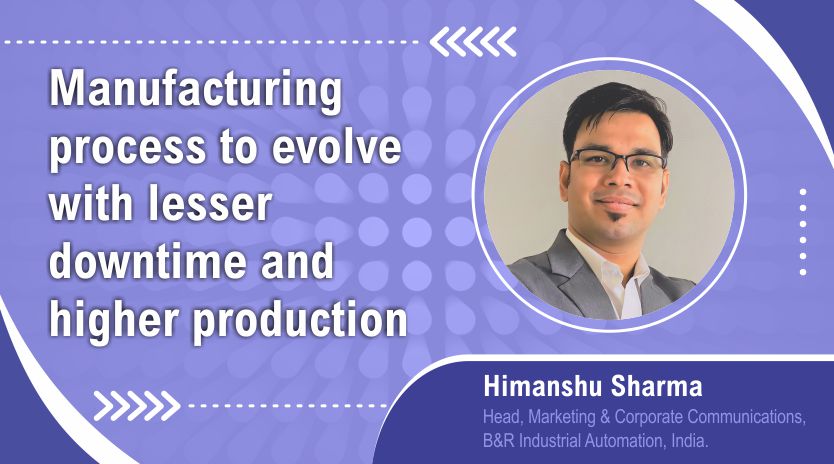
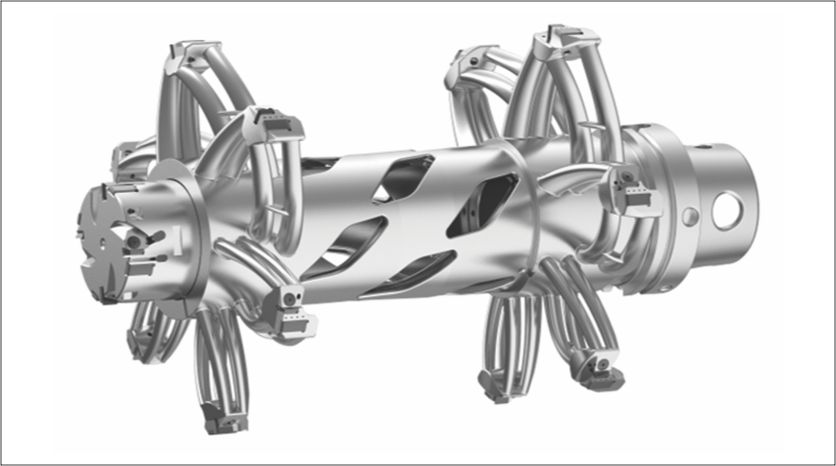




 English
English Hindi
Hindi